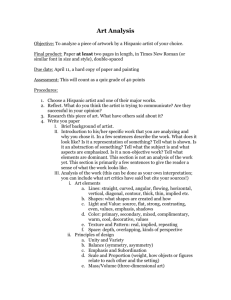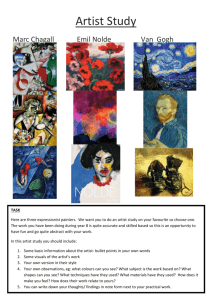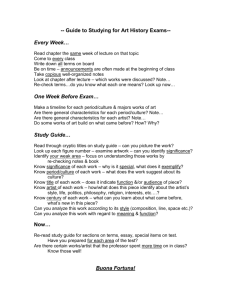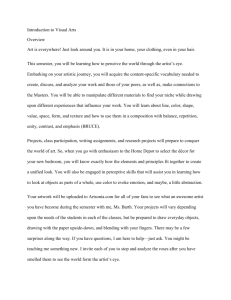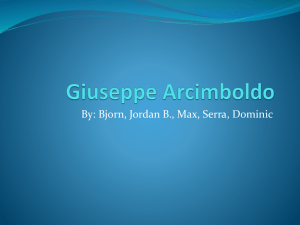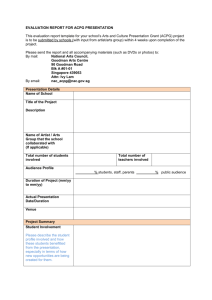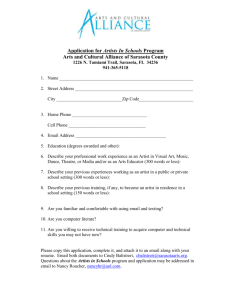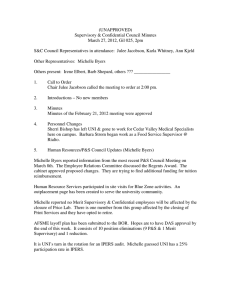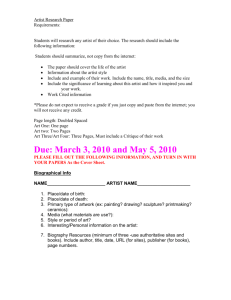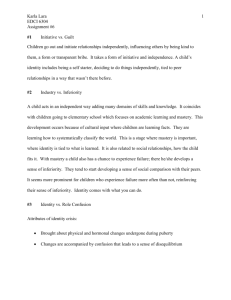Karla Black develops sculptural works consisting of raw materials
advertisement
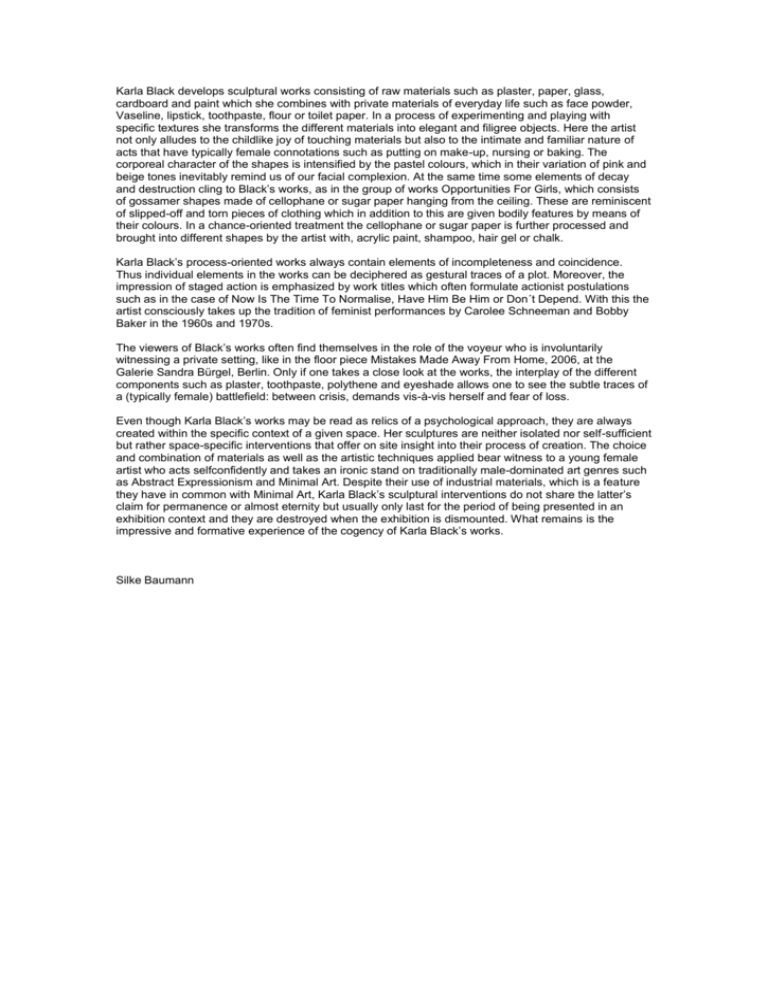
Karla Black develops sculptural works consisting of raw materials such as plaster, paper, glass, cardboard and paint which she combines with private materials of everyday life such as face powder, Vaseline, lipstick, toothpaste, flour or toilet paper. In a process of experimenting and playing with specific textures she transforms the different materials into elegant and filigree objects. Here the artist not only alludes to the childlike joy of touching materials but also to the intimate and familiar nature of acts that have typically female connotations such as putting on make-up, nursing or baking. The corporeal character of the shapes is intensified by the pastel colours, which in their variation of pink and beige tones inevitably remind us of our facial complexion. At the same time some elements of decay and destruction cling to Black’s works, as in the group of works Opportunities For Girls, which consists of gossamer shapes made of cellophane or sugar paper hanging from the ceiling. These are reminiscent of slipped-off and torn pieces of clothing which in addition to this are given bodily features by means of their colours. In a chance-oriented treatment the cellophane or sugar paper is further processed and brought into different shapes by the artist with, acrylic paint, shampoo, hair gel or chalk. Karla Black’s process-oriented works always contain elements of incompleteness and coincidence. Thus individual elements in the works can be deciphered as gestural traces of a plot. Moreover, the impression of staged action is emphasized by work titles which often formulate actionist postulations such as in the case of Now Is The Time To Normalise, Have Him Be Him or Don´t Depend. With this the artist consciously takes up the tradition of feminist performances by Carolee Schneeman and Bobby Baker in the 1960s and 1970s. The viewers of Black’s works often find themselves in the role of the voyeur who is involuntarily witnessing a private setting, like in the floor piece Mistakes Made Away From Home, 2006, at the Galerie Sandra Bürgel, Berlin. Only if one takes a close look at the works, the interplay of the different components such as plaster, toothpaste, polythene and eyeshade allows one to see the subtle traces of a (typically female) battlefield: between crisis, demands vis-à-vis herself and fear of loss. Even though Karla Black’s works may be read as relics of a psychological approach, they are always created within the specific context of a given space. Her sculptures are neither isolated nor self-sufficient but rather space-specific interventions that offer on site insight into their process of creation. The choice and combination of materials as well as the artistic techniques applied bear witness to a young female artist who acts selfconfidently and takes an ironic stand on traditionally male-dominated art genres such as Abstract Expressionism and Minimal Art. Despite their use of industrial materials, which is a feature they have in common with Minimal Art, Karla Black’s sculptural interventions do not share the latter’s claim for permanence or almost eternity but usually only last for the period of being presented in an exhibition context and they are destroyed when the exhibition is dismounted. What remains is the impressive and formative experience of the cogency of Karla Black’s works. Silke Baumann
